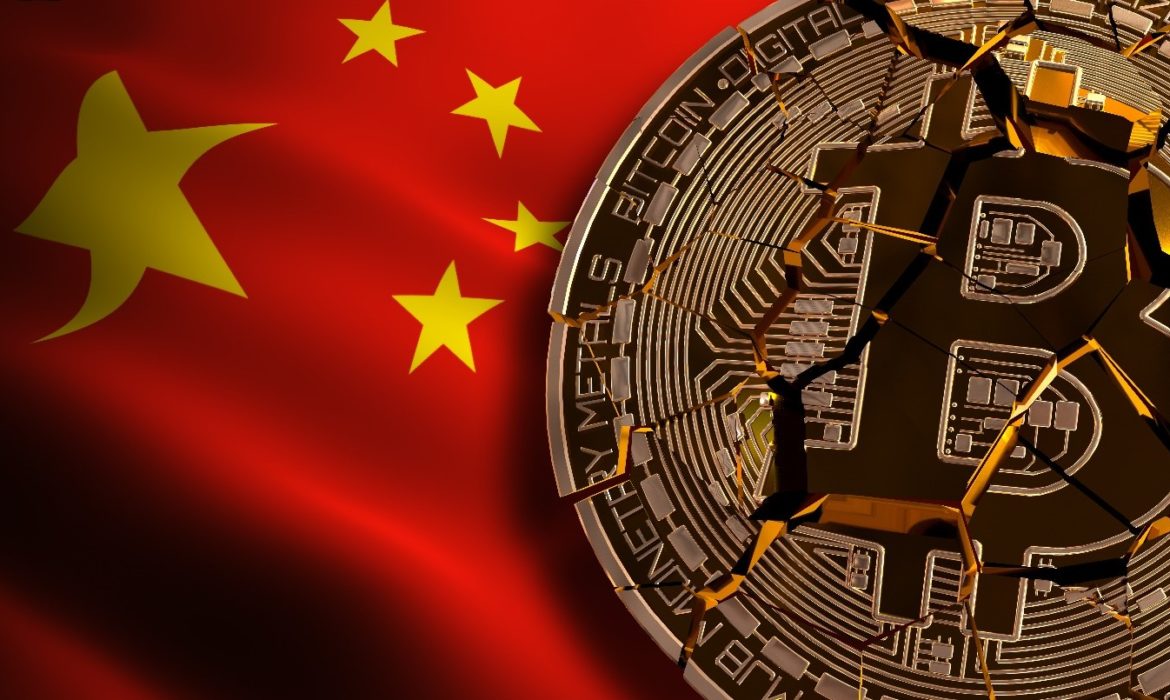As the world moves toward a knowledge-based economy that values and invests in human capital for economic development, news from the World Bank that US-China divisions are hampering knowledge creation and innovation is quite worrying.
Globalization and the open economy have driven human progress over the past few decades. Still, due to the trade war that former US President Donald Trump launched to capitalize on political agendas, he has lost the relationship between the world’s two largest economies in the long term.
America’s current regime also backs most of its predecessor’s policies aimed at halting China’s growth by maintaining trade tariffs and dismantling the semiconductor supply chain to stifle China’s tech sector. The TikTok CEO’s latest testimony before Congress underscores the bias of some politicians who pushed the app’s ban despite having no internal evidence that TikTok was spying on US soil.
Global innovation decline threatens Asian countries
The current decline in innovation and knowledge generation will harm the world, especially Asian countries. At first glance, China’s diversification of manufacturing capacity has led to a boom in exports to other markets. Still, US-China distrust could lead to lower investment due to high procurement costs from trade route restrictions.
The World Bank’s proposal that developing countries should reform their policies to be part of both blocs rather than align exclusively with one bloc to avoid commodity shortages for the developing countries of the two blocs, correct?
The recent statement by the President of the European Commission on China is a sign of protectionism aimed at stopping the development of the Chinese Web3 advancements through the development of so-called defense tools. The EU is developing an internal policy on how US-based tech companies can contribute to the €100 billion rollout of 5G, to which companies like Meta, Netflix, and others have failed to respond, essentially accepting proposals from the agency.
Ways to face the crisis going on
The world is already dealing with too many challenges. We can only overcome them if two great powers work together to address looming crises such as climate change, food security, and economic inequality.
Innovations and scientific advances are key to solving this crisis which requires investment and knowledge sharing. Still, most of the world must make scientific advances to solve their problems.















